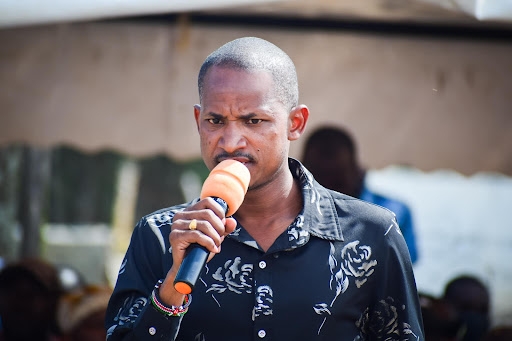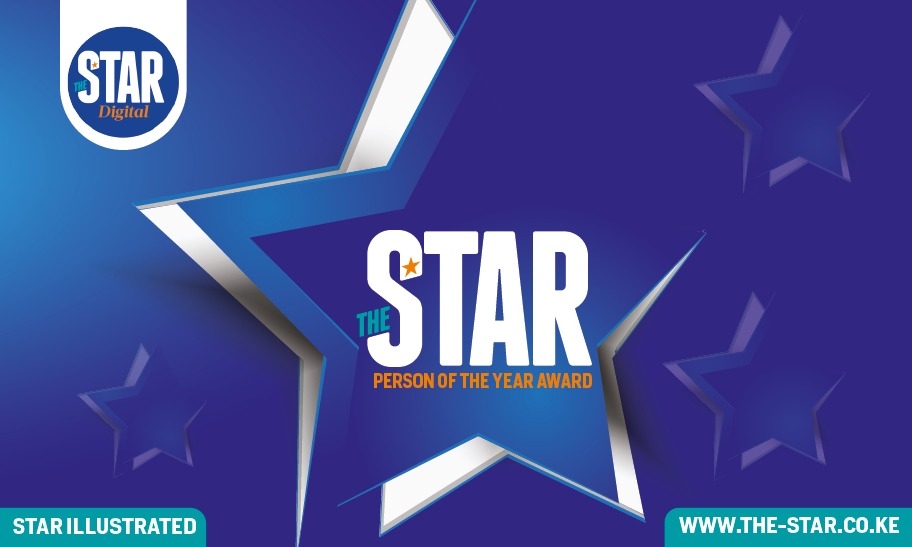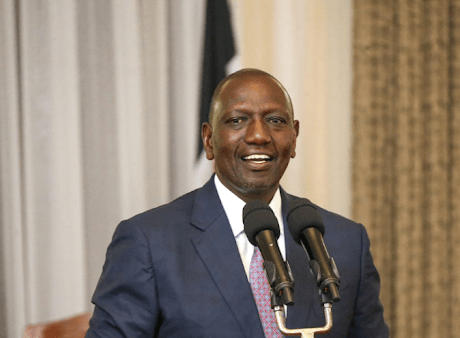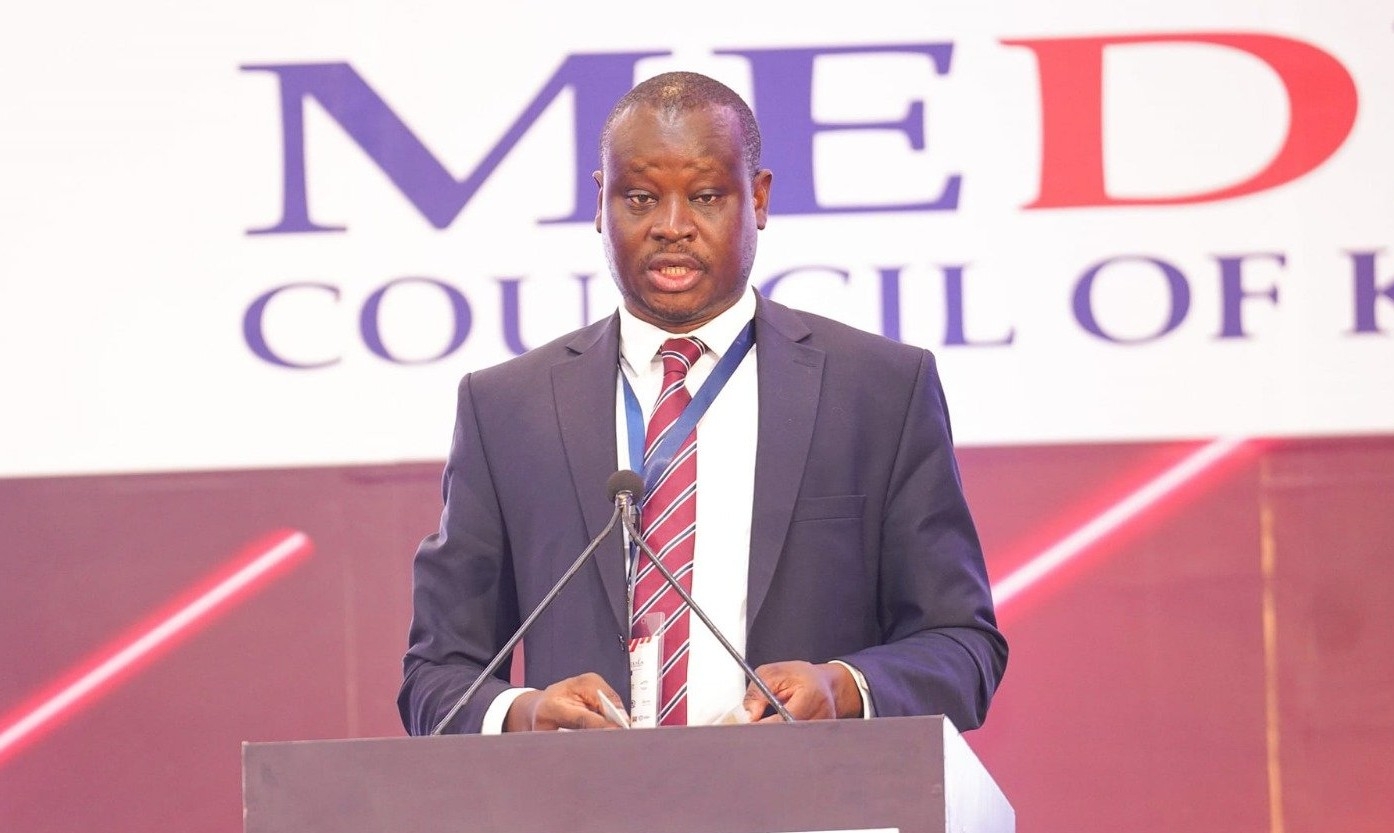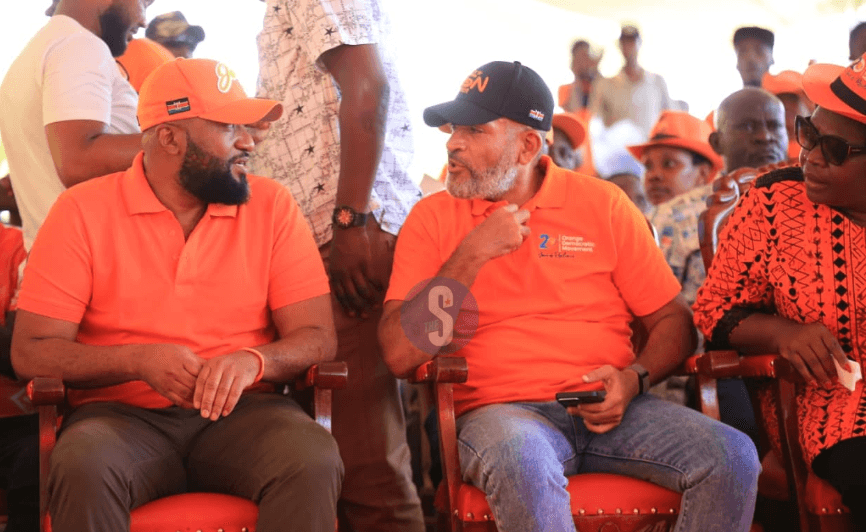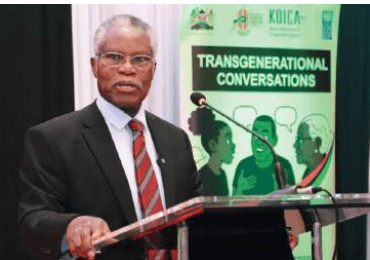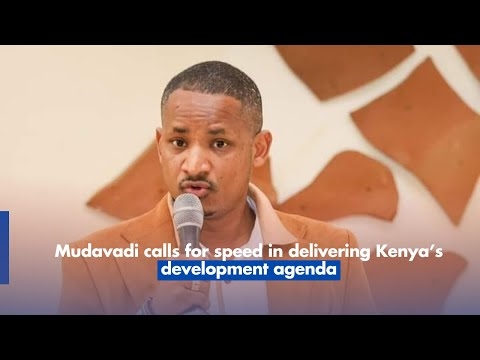After watching the novel coronavirus make its way across the world, African states and citizens are jumping into action with reports of growing numbers of infections on the continent.
As of April 2, Kenya was home 110 cases. The government has restricted travel, limited public gatherings, and begun funding public health initiatives. Given the ferocity of this disease and the limited social safety net in the country, much more will need to be done.
Clear communications about social distancing and providing healthcare workers with appropriate equipment are important, but Covid-19 presents an especially acute danger in an economy where so many live in close proximity to each other and have little in the way of savings.
Thus far, the state’s economic response has only scratched the surface. For instance, recently announced tax breaks -- whether aimed at corporates, MSMEs, or PAYE -- mean little for workers in the popular economy.
Across the country, millions of Kenyans depend on making money daily, and whether selling vegetables or driving a taxi. the working poor lack the privilege of working from home or dipping into their savings.
Already, reports suggest that business is slowing down, meaning the problem is not taxation so much as income. Some are returning to their rural homes to ride out the insecurity with the relative benefits of access to land. Others are forming mutual aid groups to provide clean water or supplies. These important efforts can only do so much.
In order to avoid coronavirus tipping from a health emergency into a generalised crisis, policymakers in Kenya and across the continent need to provide universal income support. Getting cash to residents will mean they can continue to pay rent, buy food and cover medical costs.
It will stop Covid-19 contributing to other ills: food insecurity, gender violence, and public unrest. Emergency cash injections are already on the table in the United States, the UK and elsewhere; poor and middle-income countries must not imagine such responses are only for richer locales.
Donor organisations must not be distracted by disarray in their own countries. From London to Seattle, Geneva to Beijing, development actors must begin organising the money and infrastructure to support incomes as the pandemic spreads across the global South.
In fact, Kenya is well-positioned to rapidly unroll a universal grant. Government and donors can rely on the country’s expansive mobile money infrastructure and its existing social protection schemes, such as the Hunger Safety Net Programme (which supports poor residents of Kenya’s arid counties) and the Older Persons Cash Transfer (which supports vulnerable elders).
These have been effective at reducing poverty, improving nutrition and spending more on healthcare. Providing cash allows recipients to direct the money to their own needs, and it is less likely to fall prey to the misuse that has dogged other public spending.
Moreover, for the past decade, economists at GiveDirectly have been testing the viability of a universal basic income in parts of Western Kenya. Households that received the unconditional cash transfers had less hunger and were able to invest in their farms or small businesses.
Even more, economists studying the effect found that for every US$1 sent to poor households, the effect was equivalent to US$2.60 (a significant 'fiscal multiplier' for a stimulus programme.).
While these existing examples are targeted to particular communities, in the context of Covid-19, Kenya should make a grant truly universal. Now is not the time for excluding based on income: this is a generalised crisis, one that will hit the working poor and salaried classes alike. Nor should this grant be disbursed only to citizens. Kenya has long been a meeting ground for people across the region -- a foundation for its economic and cultural vibrancy. Collective well-being is the task right now, not the tedious and expensive task of paying only a subset of those exposed to the disease.
The cash transfer is not a panacea for the pandemic but an integral component of a concerted effort that can provide a multipronged approach based on income relief, essential healthcare service provision, and mitigating actions against spreading Covid-19. So far, the government has hunkered down on providing essential healthcare services recognising the potential strain on the healthcare system were there to be a surge in new infection cases and making the case for mitigation measures that forestall these new infection cases such as social distancing.
However, the economic stimulus will fail to take off as measures are currently directed at businesses without necessarily being cognisant of the day-to-day labourers. The Central Bank’s actions only reach so far: reducing interest rates and lowering reserve ratios mean less to wananchi than it does to businesses who deal closely with banks. An end to blacklisting at the credit reference bureaus -- while welcome -- will mean little if lending dries up. What the majority need is cash to allow them to stay at home and make ends meet; Kenya should take advantage of its world-leading financial infrastructure to deliver it.
Admittedly, the cost of a universal monthly payment is not cheap. Assuming a Sh2,000 ($20) monthly payment to 30 million adults, the outlay will be significant. But the cost of doing nothing could be even greater: as purchasing power dries up and social distancing is required, business will come to a standstill.
This means that the popular economy, which provides over 80 per cent of all jobs, will have no recourse to income that is spent on food, housing, or transport. Investment and tax revenue will stall. In this scenario, a universal basic income might be more than a humanitarian necessity; it would be a good public investment and an economic stimulus.
Making sure Kenyans can make ends meet, limit the number of sick people straining health services, and keep the economy running are sine qua non right now. The question should be how -- not whether -- to finance a universal basic income for Kenya.
Kevin P. Donovan is a Lecturer at the University of Edinburgh Centre of African Studies. Robert Mwanyumba is a social protection professional in Nairobi.



